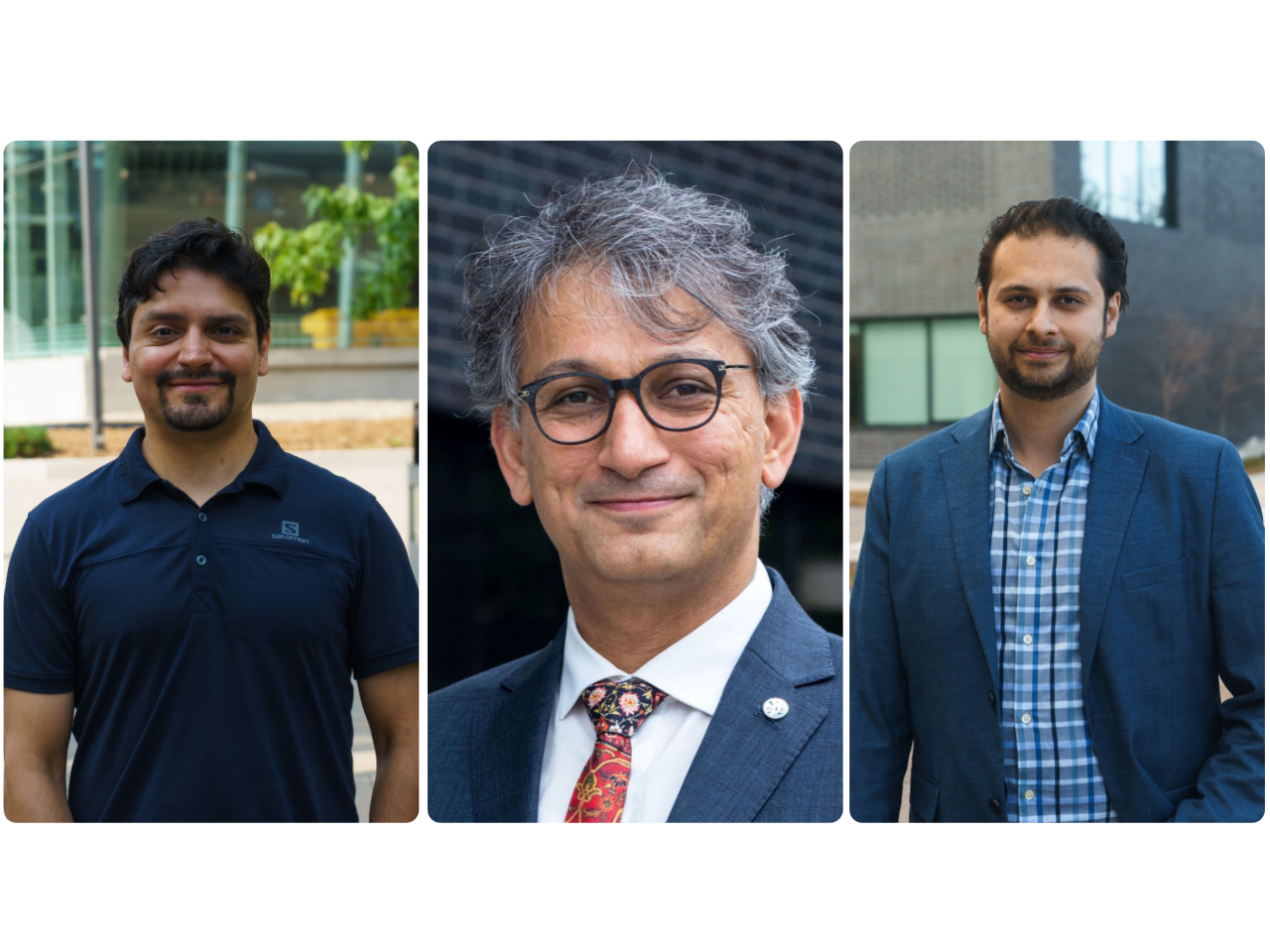The award recognizes a decade of Prof. Mennigen’s integrative research investigating the mechanistic basis of a ‘glucose intolerance’ in rainbow trout, a carnivorous fish species with great scientific importance as a comparative research model and economic importance as freshwater aquaculture and angling species that has been introduced to nearly every continent. The Gorbman-Bern New Independent Investigator Award is given biannually to a young investigator in recognition of significant and new scientific contributions to the area of comparative endocrinology, the study of hormones in animal systems.
Work on basic research questions such as the endocrine and molecular control of glucose homeostasis in rainbow trout is important, as it generates the knowledge basis for applied goals such as the improvement of ecological and economical sustainability of fish nutrition in the context of aquaculture, and the establishment of new comparative research organisms to study human metabolic disease.

Funded through both European and Canadian mechanisms, Prof. Mennigen’s research revealed that rainbow trout glucose ‘intolerance’ is linked to different responses to macronutrients and glucoregulatory hormones compared to humans. Other differing responses included specific regulation of coding and non-coding genes, of which many paralogues exist in the rainbow trout’s complex genome.
The award represents an important recognition of Prof. Mennigen’s comparative research program using fish species with unique metabolic features. He says the award is first and foremost a recognition of his students’ dedication and accomplishments, for which he is immensely grateful. The award is also a testament to the importance of a collaborative research environment, as colleagues from uOttawa, Canada, the US and Europe contributed to his group’s success through collaboration and support for student and researcher mobility.
As a permanent resident who was trained in Germany, Canada, France and the US, Prof. Mennigen was particularly pleased to see that his students’ training and research was greatly enhanced through mutual lab visits and collaboration. Compared to Europe, international mobility is less common for Canadian undergraduate and graduate students, which is why Prof. Mennigen encourages students to explore potential internships or exchange programs. In addition to providing excellent research training opportunities, exchanges are excellent opportunities to broaden your perspective and establish life-long global networks.


